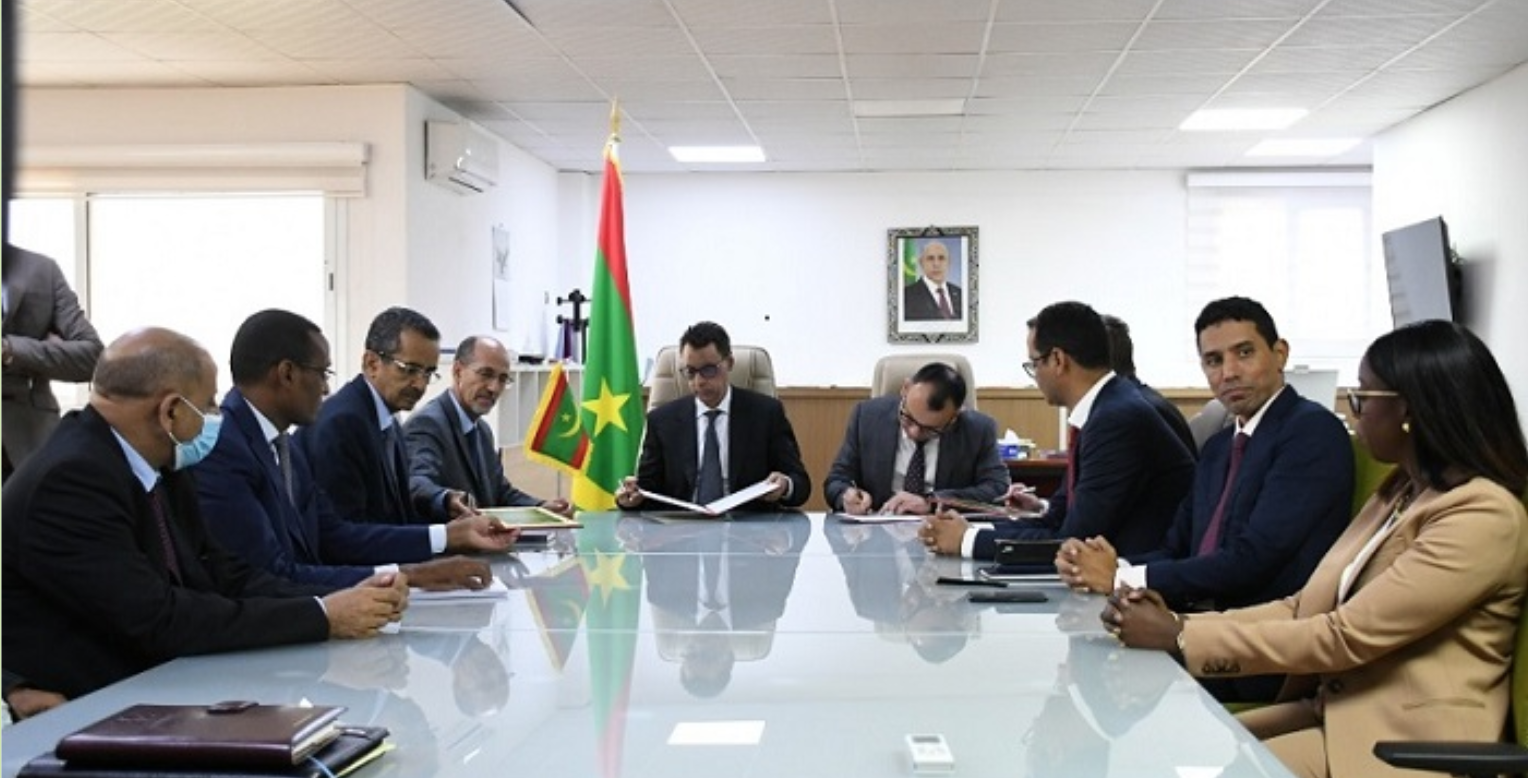bp and Kosmos Energy have signed a new Exploration & Production Sharing Contract over the BirAllah gas discovery offshore Mauritania on October 11th. A new agreement was required after the exploration period over Block C8 expired last June.
The BirAllah gas field was discovered 60km north of the Greater Tortue-Ahmeyim (GTA) gas field that straddles the Mauritanian-Senegalese maritime border. Negotiations over future activity on the acreage have been ongoing for several months and were previously announced by Kosmos Energy, bp’s partner on Block C8.
The new EPSC signed this week provides for 30 months of studies and planning before submitting a development plan for the field, where a final investment decision (FID) is now expected in the first half of 2025.
50 Tcf of gas have been discovered on Block C8 across the BirAllah discovery in 2015 (Marsouin-1 well) and the Orca-1 discovery of 2019. The reserves are bigger than at the GTA field, where bp and Kosmos Energy expects to start producing gas and exporting LNG next year and are already preparing the expansion of their FLNG hub to 5 mtpa.
The BirAllah’s development plan is expected to further maximize local content and build on the domestic capacities developed during the development phase of GTA. The project includes an increased participation from the State of Mauritania – 29% – and will rely on the logistics capacities of the Ndiago Port, the Ministry of Petroleum, Mines, and Energy said.
The project is expected to include a domestic and an export component to maximise value from the gas. Mauritania is notably trying to push for domestic gas monetization to expand its power supply, and develop gas-based industries such as petrochemicals and steel.

